Plenary Speakers
If you attend the conference, you will be lucky to listen to everything that our plenary speakers will say:
Dr. Lurdes Auzmendi Ayerbe
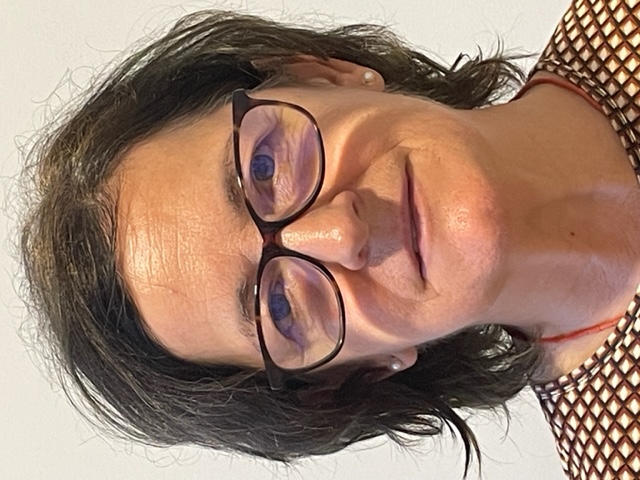
Lurdes Auzmendi has a degree in Translation Studies from the School of Martutene. Then, she completed her graduate studies on Philosophy at the University of the Basque Country (EHU/UPV). After several years working as a journalist (in Zeruko Argia and Euskadi Irratia, among others), she committed herself entirely to translating and interpreting from varied approaches. She was one of the promoters of EIZIE (Basque for “Association of Translators, Proofreaders and Interpreters of the Basque Language”). Self-educated as an interpreter of Basque, she moved forward to teaching and sharing her experience and formation with others, committing herself to formal training for the Basque administration, the Court of Justice of the Basque Country, etc. She was also one of the promoters that launched the degree in Translation and Interpreting Studies at the Faculty of Arts of the University of the Basque Country, as well as one of the first professors teaching in the degree.
She has translated a countless number of books in the genre of children’s literature. She has written and published articles on the field of Translation Studies in journals such as SENEZ, Diccionario Histórico de la Traducción en España, Trasvases Culturales, Vasos Comunicantes, etc. Today, she is a member of Garabide NGO and works in a cooperation project aimed at the revitalization of the nasa yuwe language in Colombia. Her task is to train future interpreters in that language.
Translation and interpreting and linguistic duties
“Si los hablantes de la lengua mixe no fueran discriminados y sus derechos lingüísticos no fueran violados, si recibiéramos educación en nuestras lenguas y fuéramos alfabetizados en ellas, si los sistemas de salud y de acceso a la justicia tomaran en cuenta el mixe y hubiera intérpretes capacitados, si contáramos con publicaciones, gramáticas y material de aprendizaje en mixe…”(Yásnaya Aguilar, Ää: manifiestos sobre la diversidad lingüística)
This quote by the Mixe linguist and writer Yásnaya Aguilar illustrates in a few words the reality experienced by indigenous communities in Latin America, as well as millions of speakers of hundreds of minority languages in the world, because their rights regarding the use of their languages are not respected. Those rights are known as linguistic rights and because of their nature they are equated with human rights. They have been approved by Unesco since 1966 and also by state laws (Colombia, Ecuador, Mexico, etc.).
In order to guarantee the use of their languages in different fields (institutional, health, courts of justice, etc.) they need translation and interpreting, and translators and interpreters must be trained in those languages, which often aren’t written and lack the resources to carry out such training.
In most countries with indigenous or native languages, the commitment of NGOs or the involvement of European professors is making it possible to train teams of translators and interpreters. The example of Professor Gertrudis Payás training Mapuche interpreters at the University of Temuco (Chile) or my own work with Nasa Yuwe language revitalisers in Colombia or the Quichwas of Ecuador illustrates this reality which goes beyond that of developed countries with their international institutions and universities with human and material resources and long and expert experience in training professionals.
Dr. Sheila Castilho
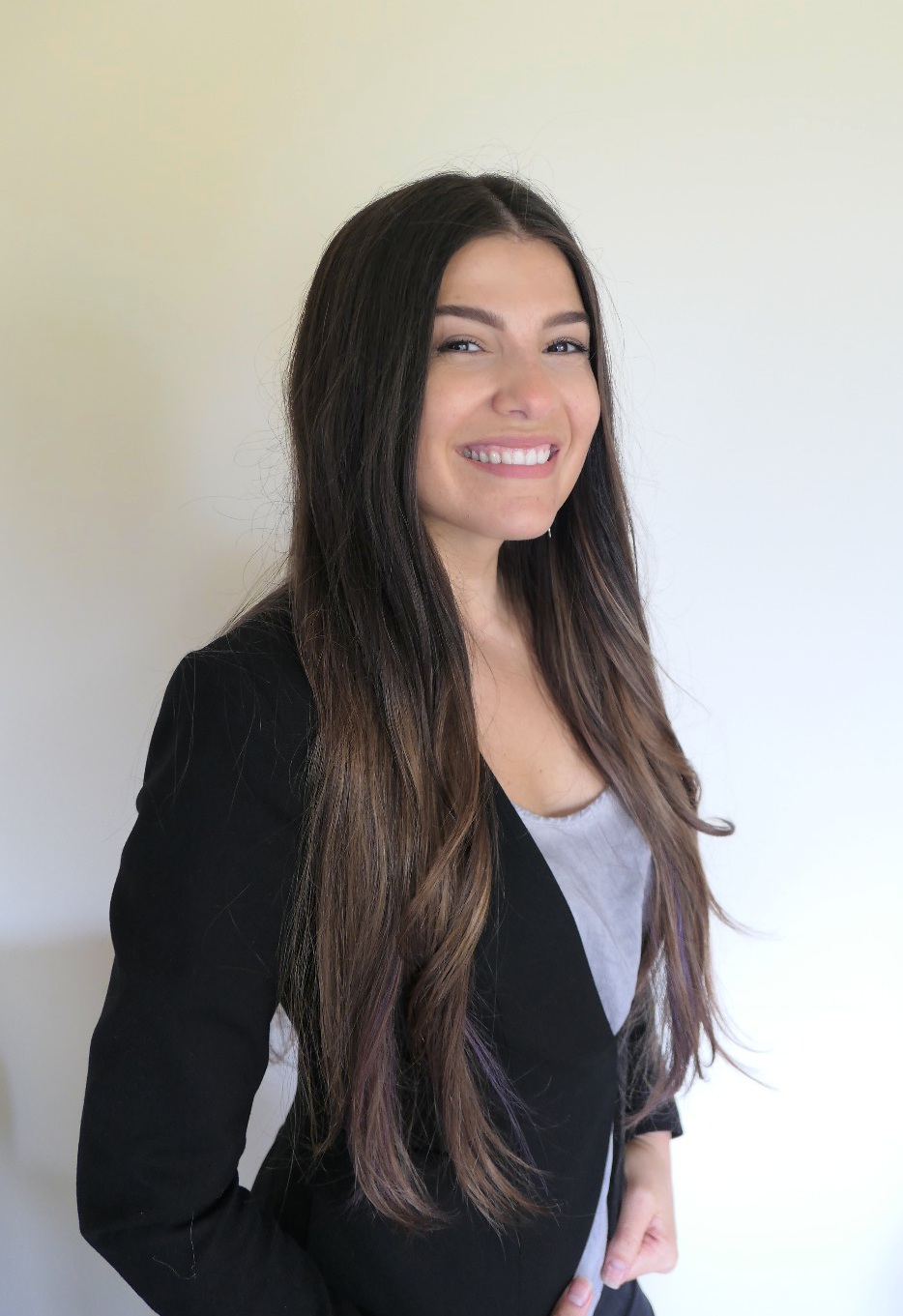
Sheila Castilho is an Assistant Professor in SALIS at Dublin City University, specializing in machine translation and translation technologies. She earned her Linguistics and Education degree from UNIOESTE in Brazil, followed by a joint Master's degree in NLP from the University of Wolverhampton and the University of Algarve. She completed her PhD at Dublin City University in 2016.
She worked as an Irish Research Council Research Fellow at the Adapt Centre on the DELA Project, which involved testing sentence-level metrics for document-level machine translation evaluation and establishing best practices. Sheila has actively contributed to various EU projects. Her research output includes over 40 publications, covering topics on translation technology, post-editing of MT, user evaluation of MT, and translators' perception of MT.
She has co-edited the book Translation Quality Assessment: From Principles to Practice in 2018. Her research interests revolve around context-aware MT, machine and human translation evaluation, usability, and translation technologies.
Navigating the Digital Frontier: Ensuring Ethical and Creative Excellence with Machine Translation Evaluation
Dr. Jorge Díaz-Cintas
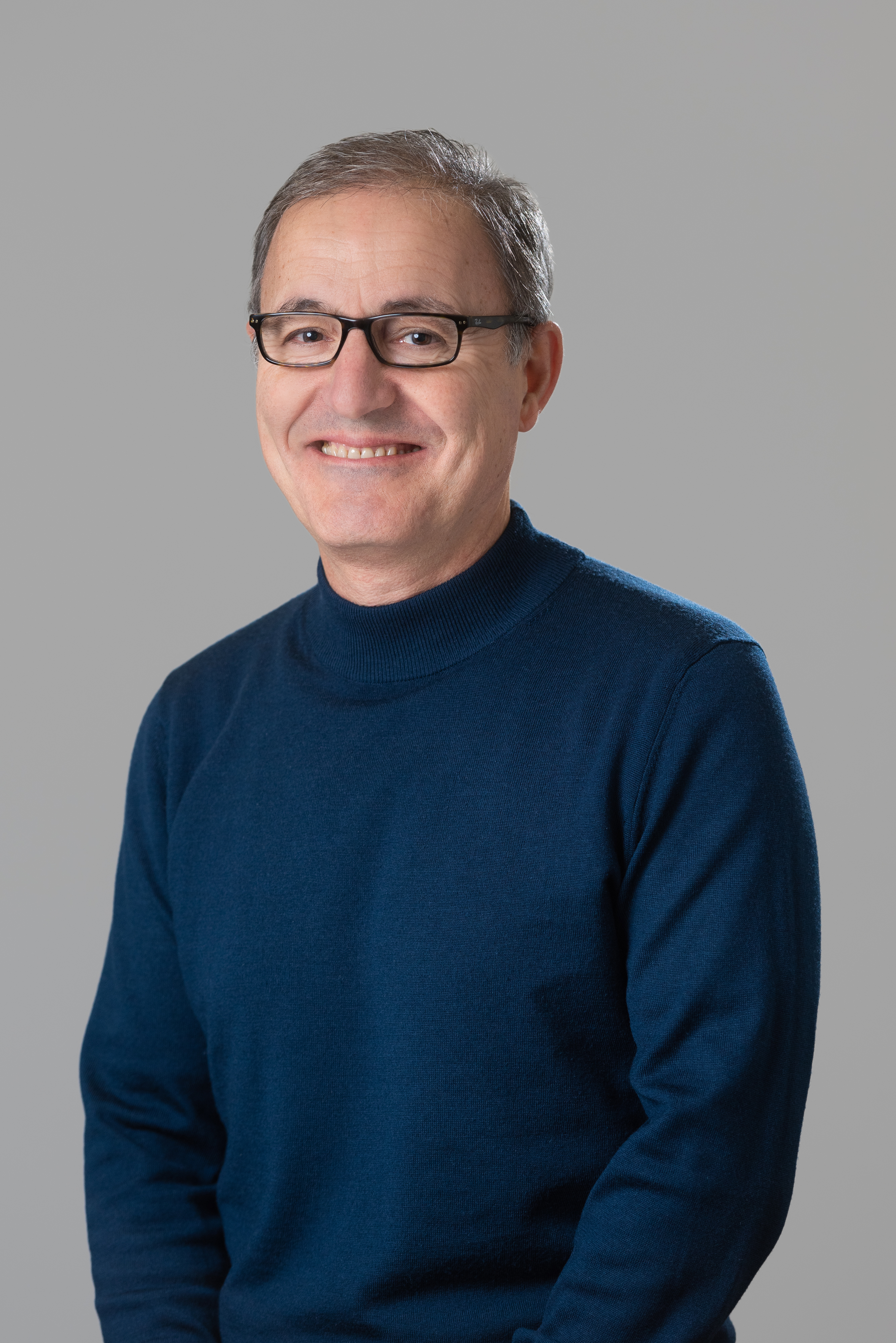
Jorge Diaz Cintas is a Translation Studies full professor at the University College London, where he founded the Centre for Translation Studies (CentraS). He is the author of several articles and books on the field of Audiovisual Translation, including Subtitling: Concepts and Practices (written together with Aline Remael, 2021).
As a pioneer in the field of Audiovisual Translation, professor Díaz Cintas has formally trained future translators all around the world. He has been a keynote speaker in many different international conferences and he has worked as an experienced consultant for institutions and companies such as the European Parliament, the European Commission, OOONA, Deluxe and Netflix, among others.
He is editor-in-chief for Peter Lang’s series New Trends in Translation Studies, and he has been awarded with the Jan Ivarsson Award (ESIST, 2014) and the Xenia Martinez (ATRAE, 2015) for his accomplishments in the field of Audiovisual Translation.
Audiovisual translation: adaptation, changes and resilience
Dr. Roberto A. Valdeón
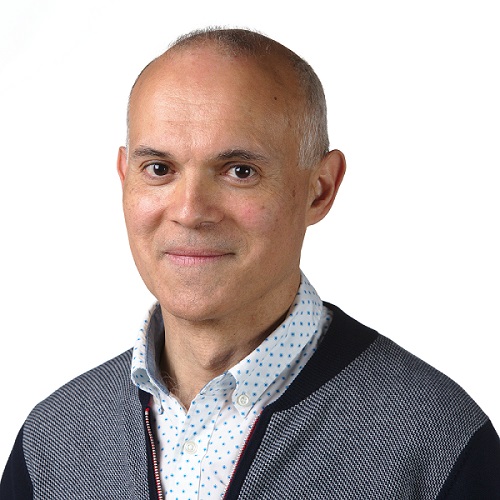
Roberto A. Valdeón is full professor in English Studies and Translation at the University of Oviedo, Spain, and a member of the Academia Europaea. He is the author/editor of over 150 publications, including contributions to journals such as, Language and Intercultural Communication, Across Languages and Cultures, Meta, Intercultural Pragmatics, Terminology, The Translator, Journal of Pragmatics, Target, Babel, International Journal of Applied Linguistics, Philological Quarterly, Journalism, Journalism Studies and Translating and Interpreting Studies.
He has guest-edited special issues of Target, Meta, European Journal of English Studies, Across Languages and Cultures and Language and Intercultural Communication. He is Editor-in-Chief of Perspectives Studies in Translation Theory and Practice and General Editor of the Benjamins Translation Library. He is the author of Translation and the Spanish Empire in the Americas (John Benjamins) and has co-edited the Routledge Handbook of Spanish Translation Studies among other books.
‘Publish or perish’, indarra or weakness in Translation Studies?
This talk will discuss the main challenges for Translation Studies researchers who want to publish in internationally recognized journals. In the past decades, both novice and published scholars have felt the pressure to publish in order to advance their academic careers. As higher education institutions and national accreditation agencies expect them to publish in high impact journals, authors may find it increasingly difficult to find venues for their work. Drawing on my experience as editor of an international journal, guest editor of numerous special issues of journals such as Meta, Target, Across Languages and Cultures, Journalism and Journal of Pragmatics, and also as an author, I will discuss some of these challenges (e.g. finding the right journal, avoiding falling prey to predatory journals, etc) and provide examples of topics/articles that are more likely to be considered for publication.
Dr. María del Carmen López Ruiz
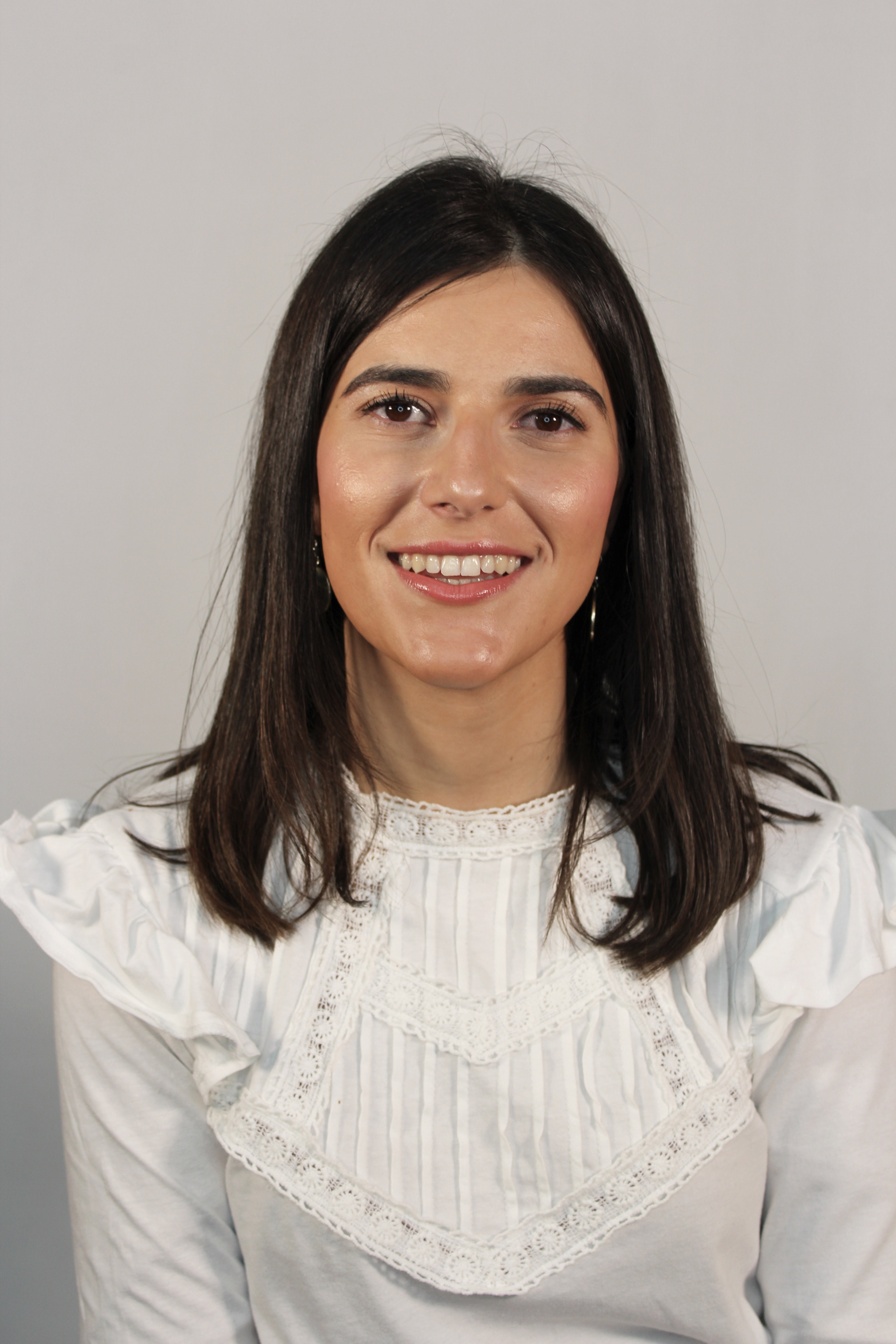
María del Carmen López Ruiz holds a PhD in Translation and Interpreting from the University of Cordoba (Spain). Her doctoral thesis has obtained the qualification of Summa Cum Laude and the International PhD Mention. In 2024, she received the Extraordinary PhD Award and the “Leocadio Martín Mingorance / Pola Argentaria” Research Award (Arts and Humanities) from the University of Cordoba, as well as the Best Translation Thesis of the Triennium Award from the Iberian Association of Translation and Interpreting Studies (AIETI).
She graduated in Translation and Interpreting with a major in English/French from the University of Cordoba. Subsequently, she completed the official Master's Degree in Specialised Spanish/English/French/German Translation (with specialisation in Legal Translation) and the Master’s Degree in Teaching. Her research interests focus on the translation of political discourse, specialised translation (legal and political) and translation didactics. She has participated in numerous national and international conferences and has published in prestigious journals and with prestigious publishers (Springer, Routledge, Comares, Tirant, Peter Lang) which are ranked in the first quartile of SJR and SPI, respectively. She has worked as secretary for the Hikma translation journal, currently ranked in the first quartile of SJR. She has also been involved in several teaching innovation and research projects.
Recent publications include The Democrat's Linguistic Stance towards Migration in Electoral Campaigns. Ethos, Logos and Pathos in Barack Obama's and Joe Biden's Discourses (Routledge), La traducción de géneros políticos primarios. Mecanismos traductológicos y argumentativos para el trasvase del ēthos, lógos y páthos en discursos EN, FR > ES (Tirant) and La traducción de elementos ideológicos y didácticos a través del análisis crítico del discurso. El caso de Los cinco y el tesoro de la isla, de Enid Blyton (EN-FR-ES) (MonTI journal).
